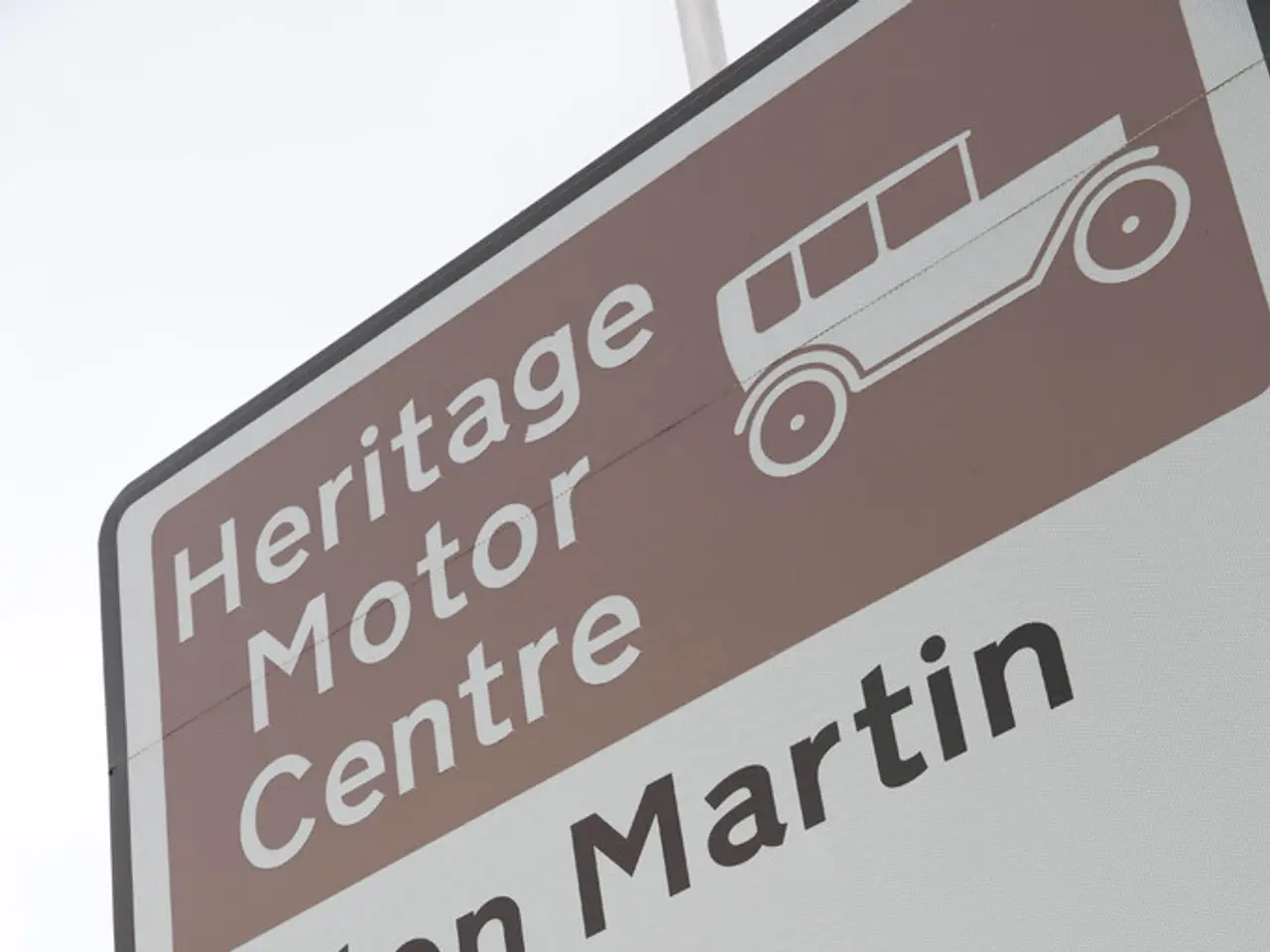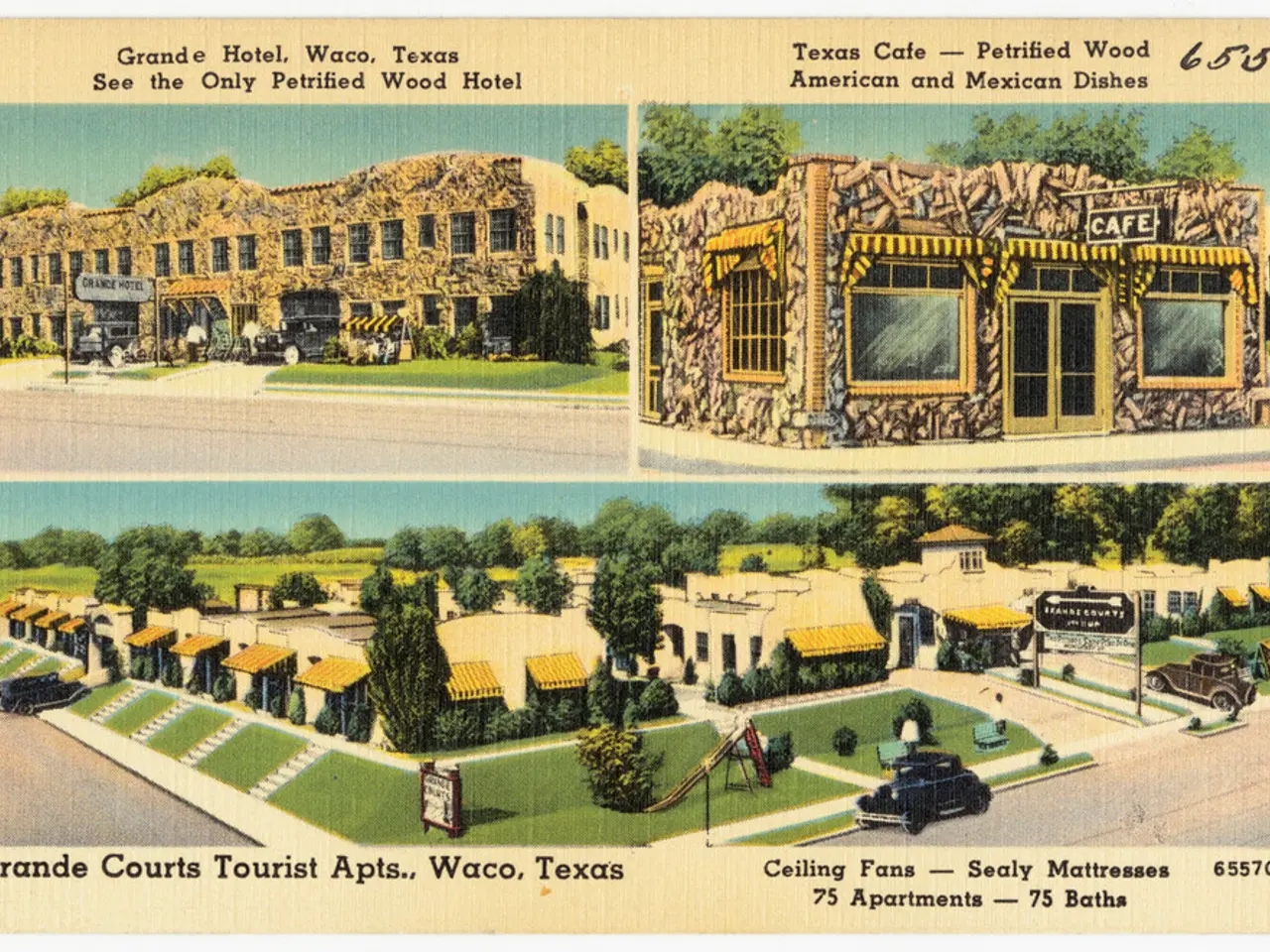Construction Innovations: typical Obstacles and Resolutions
Modern Methods of Construction (MMC) hold the promise of faster, better, and more equitable housing solutions for the social housing sector. However, the widespread adoption of MMC has been hampered by several challenges, as outlined below.
Ethical and Quality Concerns
The pressure to build quickly often leads to compromises on safety, dignity, and long-term sustainability of homes, potentially perpetuating inequalities and poor living conditions for residents. Balancing speed with quality and community involvement through hybrid approaches combining MMC technologies with participatory planning and durable, humane design can ensure safety, cultural appropriateness, and equity.
Lack of Regulatory Coherence and Overly Restrictive Frameworks
Social housing programs face complex and frequently changing regulations that increase costs and reduce operational flexibility for public housing providers. Simplifying and stabilizing regulations governing social housing can reduce costs and improve operational flexibility, making MMC paths more practical.
Economic and Market System Incompatibility
Social housing and MMC approaches often clash with prevailing free-market, profit-driven real estate models, limiting investment and scalability in capitalist economies. Supporting financing models that accommodate mixed-income and innovative approaches can encourage developers to diversify housing types and integrate MMC within market realities.
Fragmented Governance
Multiple layers of government with different jurisdictions and policies complicate unified implementation of MMC in social housing across regions. Creating mechanisms to align policy and funding across federal, state, and local governments can foster cohesive MMC deployment.
Standardization and Integration Challenges
The absence of widespread standards and guidelines for prefabricated components, design integration, and installation processes hampers efficient adoption and industry confidence. Developing and enforcing clear industry standards will improve reliability and efficiency of MMC.
Resistance to Mixed-Income Developments and Risk Aversion
Funding structures and market uncertainties discourage mixed-income projects and broader adoption of innovative housing methods. Promoting sustainability alongside scale and adjusting incentives and risk-sharing frameworks can encourage developers to diversify housing types and integrate MMC within market realities.
Trina Chakravarti, the Project Director for the Building Better initiative, is leading the charge to accelerate the use of prefabricated components in the social housing sector. Scepticism and the 'if it ain't broke, don't fix it' attitude in the housing sector compound a foreboding outlook for a change at scale towards MMC. Despite MMC having been around since the Second World War, traditional construction still dominates the industry.
Trina Chakravarti has formed a strong partnership with Procurement for Housing to aggregate supply pipelines, making it easier for housing associations (HAs) and manufacturers to access MMC as a group through bulk buying. She also facilitates collaboration between housing associations, local authorities, and manufacturers to advance the use of MMC in building quality social housing fast.
Building Better offers free resources to help with establishing binding risk-sharing agreements. The problems with MMC adoption are largely down to a "perception of risk". Financial risk is a concern for housing association boards, as they deal with public money where expenses are scrutinized and may worry about paying in advance with nothing to show for it until later.
In conclusion, these combined approaches can address the ethical, technical, economic, and regulatory barriers currently limiting MMC’s widespread adoption in social housing, leading to faster, better, and more equitable housing solutions.
- Trina Chakravarti's partnership with Procurement for Housing aimed to simplify access to Manufacturing for the social housing sector by aggregating supply pipelines, bridging the gap between housing associations and Manufacturing industry.
- The finance sector poses concerns for housing association boards due to perceived risks in adopting Manufacturing Methods of Construction, stalling the widespread adoption of MMC in social housing.




